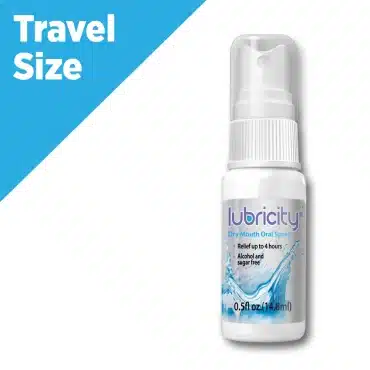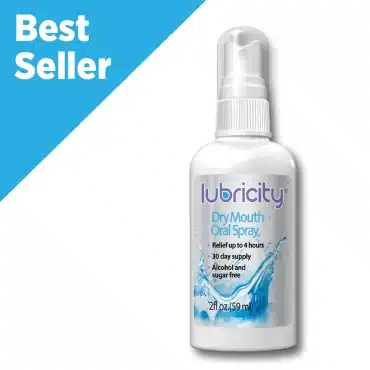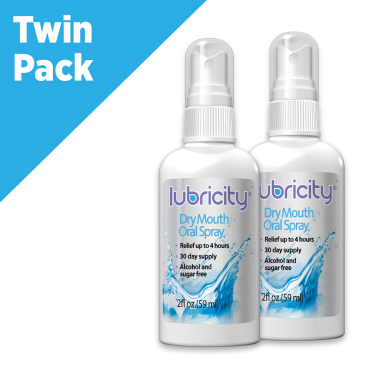Have you ever wondered if those seemingly harmless vitamins could be the culprit behind your dry mouth? It’s a valid concern, as dry mouth can be uncomfortable and affect your overall oral health. In this article, we will delve into the intriguing topic of whether vitamins can indeed contribute to dry mouth.
Moreover, we’ll explore the potential vitamins that cause dry mouth and whether taking excessive amounts of vitamins can lead to this unpleasant condition. So, let’s embark on this informative journey to uncover the truth!
Can Vitamins Cause Dry Mouth? The Potential Link Explained
While vitamins are generally beneficial for our overall health, certain vitamins may have an impact on saliva production, potentially leading to dry mouth. One such vitamin is vitamin B3, also known as niacin. Niacin, when taken in large doses, can have side effects, and dry mouth is one of them.
Additionally, vitamin A, essential for maintaining healthy mucous membranes, may also contribute to dry mouth if taken in excessive amounts. However, it’s important to note that these instances are relatively rare and usually occur when vitamins are consumed well beyond the recommended dosage.
Vitamins That Cause Dry Mouth
Apart from niacin and excessive vitamin A intake, other vitamins may also play a role in contributing to dry mouth. For example, some studies suggest that high doses of vitamin C can cause dry mouth symptoms. Similarly, excessive vitamin D intake has been associated with dry mouth in certain cases.
However, it’s crucial to remember that these instances are relatively uncommon and usually occur when vitamins are consumed in amounts significantly exceeding the recommended daily allowance. Furthermore, it is also to note that deficiencies of certain vitamins can cause dry mouth.
Can Too Many Vitamins Cause Dry Mouth?
Now, the burning question arises: can too many vitamins cause dry mouth? The answer lies in moderation. When taken in appropriate doses, vitamins are essential for our well-being. However, excessive intake of vitamins, often termed vitamin toxicity, can lead to various side effects, including dry mouth.
It is essential to follow the recommended daily allowances and consult with a healthcare professional or a registered dietitian before significantly increasing your vitamin intake. They can guide suitable doses based on your specific needs and help you avoid potential complications.
Prevention and Management
If you’re experiencing dry mouth and suspect that vitamins may be contributing to the problem, there are steps you can take to alleviate the symptoms. Firstly, review your vitamin intake and ensure you’re not exceeding the recommended doses.
In addition to these tips, there’s another effective solution to combat dry mouth. Try the Lubricity Dry Mouth Oral Spray and experience instant relief. Shop now and say goodbye to dry mouth discomfort! Maintaining good oral hygiene, staying hydrated, and using the Lubricity Dry Mouth Oral Spray can greatly alleviate the symptoms of dry mouth.
However, it’s important to emphasize that these instances are relatively rare and usually occur when vitamins are consumed well beyond the recommended dosage. Moderation is key when it comes to vitamins. If you suspect that your vitamins are causing dry mouth, you must review your intake and consult a healthcare professional for guidance. By following the recommended doses and practicing good oral hygiene, you can minimize the discomfort associated with dry mouth and maintain optimal oral health.









